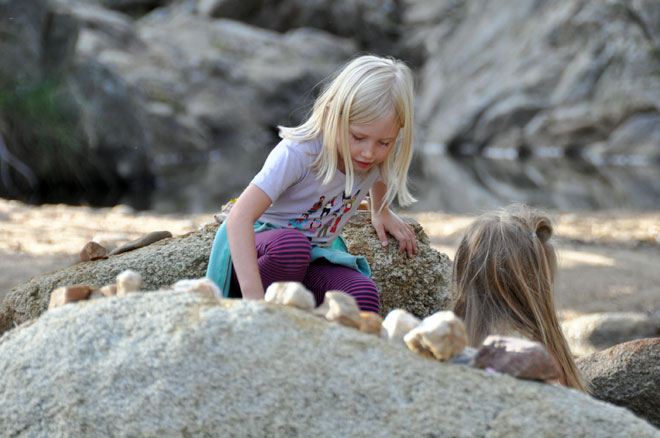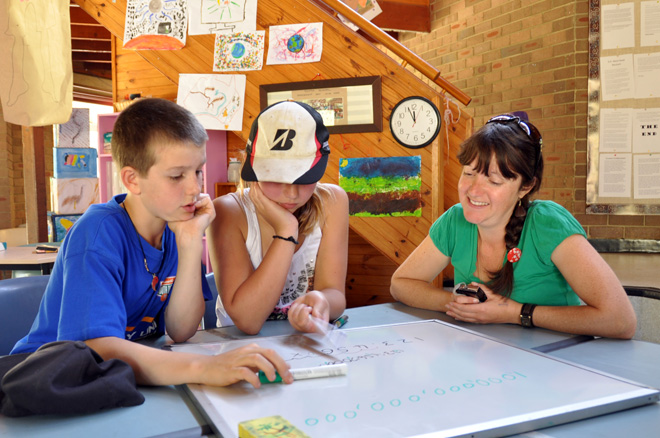Mathematics
Aspects of mathematics include counting, place value, operations and computation, fractions, decimals and ratio, pattern and order algebra, measurement including length, perimeter, area, volume, mass, money and time, visual representation and statistics, and spatial relations and geometry with abstract and real-life problem-solving being the basis of learning mathematical concepts.
Mathematics skills are best learned where children have been involved in an application or have worked on an activity which demonstrates the need for some maths skills for them to continue. Textbooks and worksheets fulfil a role in the teaching of skills, but it must be remembered that they deal almost exclusively with the acquisition of skills, often to the detriment of concept-learning. Skills are best learned as they arise out of real situations.
Problem solving
At Kinma our mathematics programme is designed to enable children to:
- build on relevant experiences and previous knowledge;
- take control of their own learning;
- view mathematics as intrinsically satisfying.
An important aspect of the mathematical experience is for children to become aware that risk-taking and error-making are natural mathematical behaviours.
Problem-solving, both abstract and concrete, involves children in using mathematics in unfamiliar situations.

Cooperative learning
At Kinma cooperative group work is encouraged. Cooperative learning involves:
- children working together and learning from each other;
- children of various abilities learning from each other;
- each member of the group taking responsibility for and contributing to the achievement of a group goal;
- shared ownership of the group product;
- mutual benefit from working together;
- greater gains than the collection of the individual contributions.
Cooperative learning enriches the type of mathematics we teach and allows for more effective learning as groups investigate problems and talk about their finding.

Term Dates 2025
- Term 1: Tues 4 February to Fri 11 April
- Term 2: Wed 30 April to Fri 27 June
- Term 3: Wed 23 July to Fri 26 Sep
- Term 4: Wed 15 Oct to Thu 18 Dec
Contact us
127 Coolowie Rd,
Terrey Hills NSW 2084
Find us on Google Maps
Primary: +61 2 9450 0738
Preschool: +61 2 9486 3018
Email Kinma

